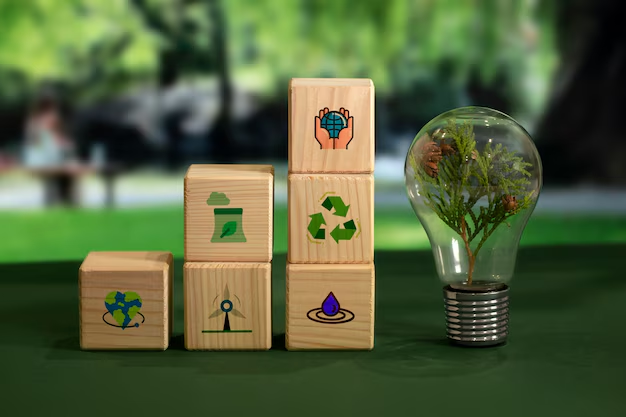
The environmental challenges we face today are daunting—climate change, pollution, habitat destruction, and loss of biodiversity. Yet, the road to a sustainable future doesn’t require grand gestures. Small, individual actions, when adopted collectively, can create a ripple effect that leads to significant change. By making mindful choices in our daily lives, we can all contribute to the preservation and restoration of the environment.
The Power of Small Changes
The idea that small changes can lead to big impacts might seem counterintuitive at first. However, the collective power of millions of individuals making small adjustments can transform the course of environmental history. From reducing energy consumption to rethinking waste management, each small action counts.
One of the simplest ways to begin is by cutting back on single-use plastics. By swapping plastic bottles for reusable ones, avoiding plastic straws, or using cloth bags instead of plastic, individuals can significantly reduce their personal plastic footprint. Not only does this help prevent plastic waste from polluting oceans, rivers, and landfills, but it also reduces the demand for plastic production, which is resource-intensive.
Another area where individuals can make a difference is in their energy usage. Simple acts like turning off lights when not in use, using energy-efficient appliances, or switching to renewable energy sources can drastically reduce one’s carbon footprint. Encouragingly, many people are now adopting solar panels, a renewable energy source that not only benefits the environment but also saves money in the long run.
Water conservation is also critical. Simple steps like taking shorter showers, fixing leaks, or using water-efficient appliances can preserve vital water resources. Small-scale efforts, like using a rainwater harvesting system to water your garden, can also have a larger impact on conserving water in your community.
Sustainable Consumption
When it comes to consumption, small changes such as opting for locally grown food, reducing food waste, or choosing eco-friendly products can significantly help reduce the strain on natural resources. Supporting sustainable farming practices and businesses that prioritize environmentally friendly production methods can also encourage others to follow suit.
Additionally, embracing a minimalist lifestyle by reducing unnecessary purchases and repurposing items instead of discarding them can lessen overall waste. This approach aligns with the concept of a circular economy, where products are reused, repaired, and recycled instead of thrown away.
FAQs on Small Changes for the Environment
1. Why do small changes matter? Small changes matter because when adopted by many people, they can have a large cumulative effect. Simple actions like using less plastic or saving water can reduce overall environmental impact.
2. How can I reduce my carbon footprint? Switching to renewable energy, using energy-efficient appliances, reducing car travel, and consuming fewer animal products are effective ways to lower your carbon footprint.
3. Is recycling important? Yes, recycling helps reduce the amount of waste sent to landfills and conserves raw materials. It’s a key part of promoting sustainable living.
4. What can I do to conserve water? Take shorter showers, fix leaks, and use water-saving appliances like low-flow faucets and toilets to conserve water.
5. Can switching to a plant-based diet help the environment? Yes, plant-based diets require fewer resources, such as water and land, and contribute to less greenhouse gas emissions compared to diets rich in animal products.
6. How does reducing plastic waste help the environment? Plastic waste often ends up in oceans, harming wildlife. Reducing plastic usage helps prevent pollution and conserves resources used in plastic production.
7. Can small businesses be environmentally friendly? Absolutely! Small businesses can reduce their environmental impact by adopting eco-friendly practices like reducing waste, using sustainable products, and improving energy efficiency.
Conclusion
In conclusion, sustaining the future requires everyone to play their part, no matter how small the actions may seem. By making conscious choices in our daily lives, we can collectively create a profound impact on the planet. Small changes in our habits, consumption patterns, and energy use can lead to a more sustainable world for future generations. It’s not about doing everything perfectly but about starting somewhere and inspiring others to do the same.
